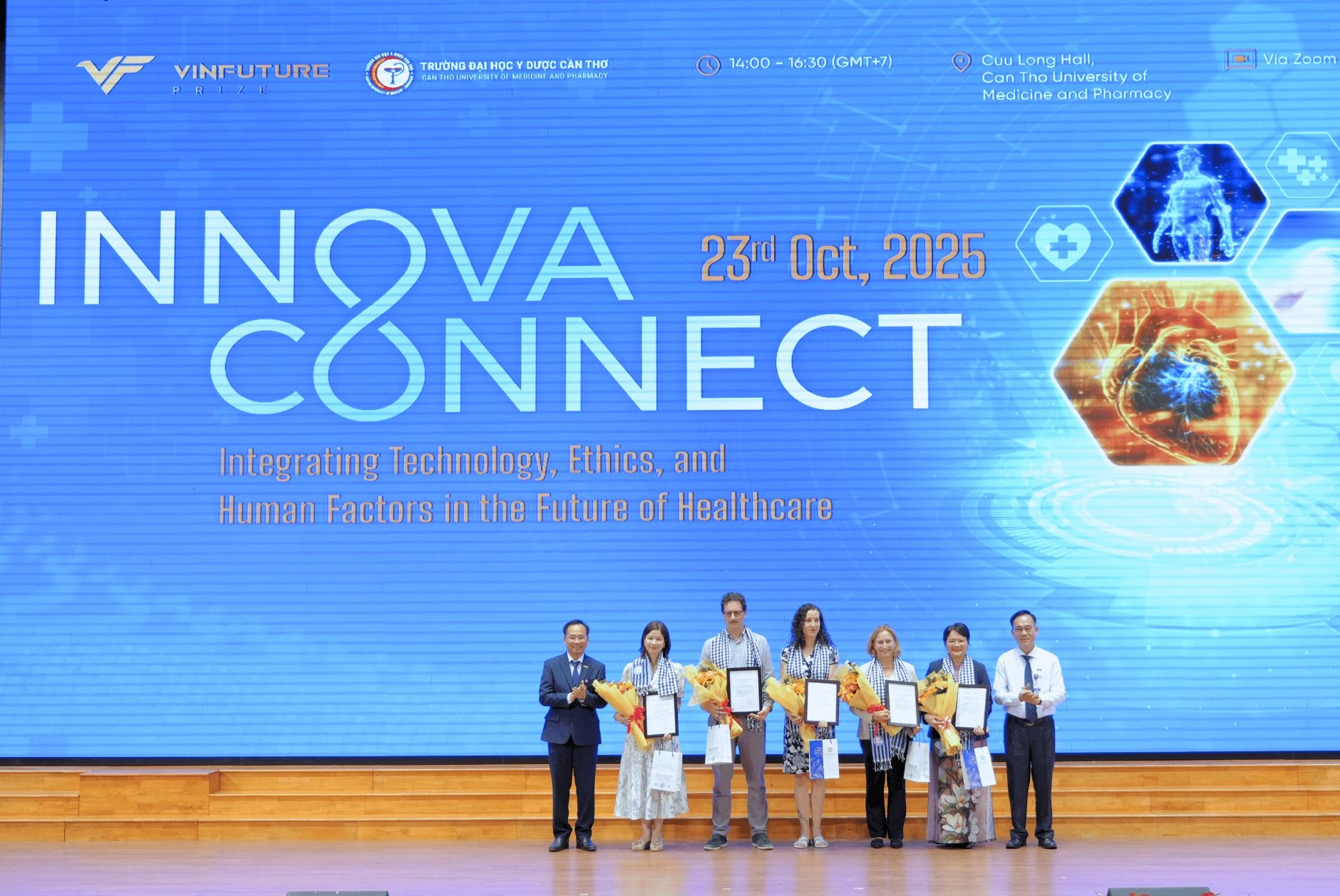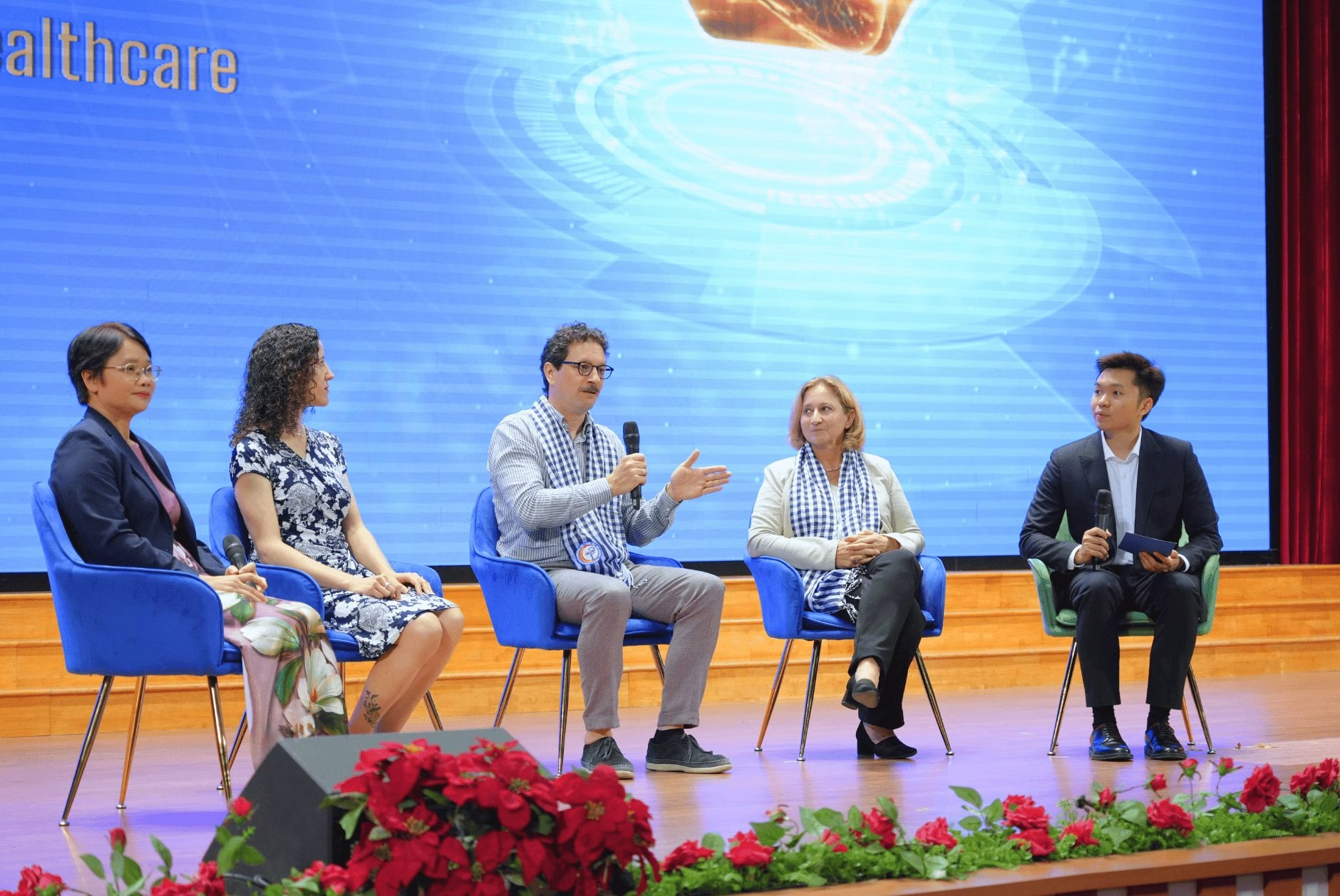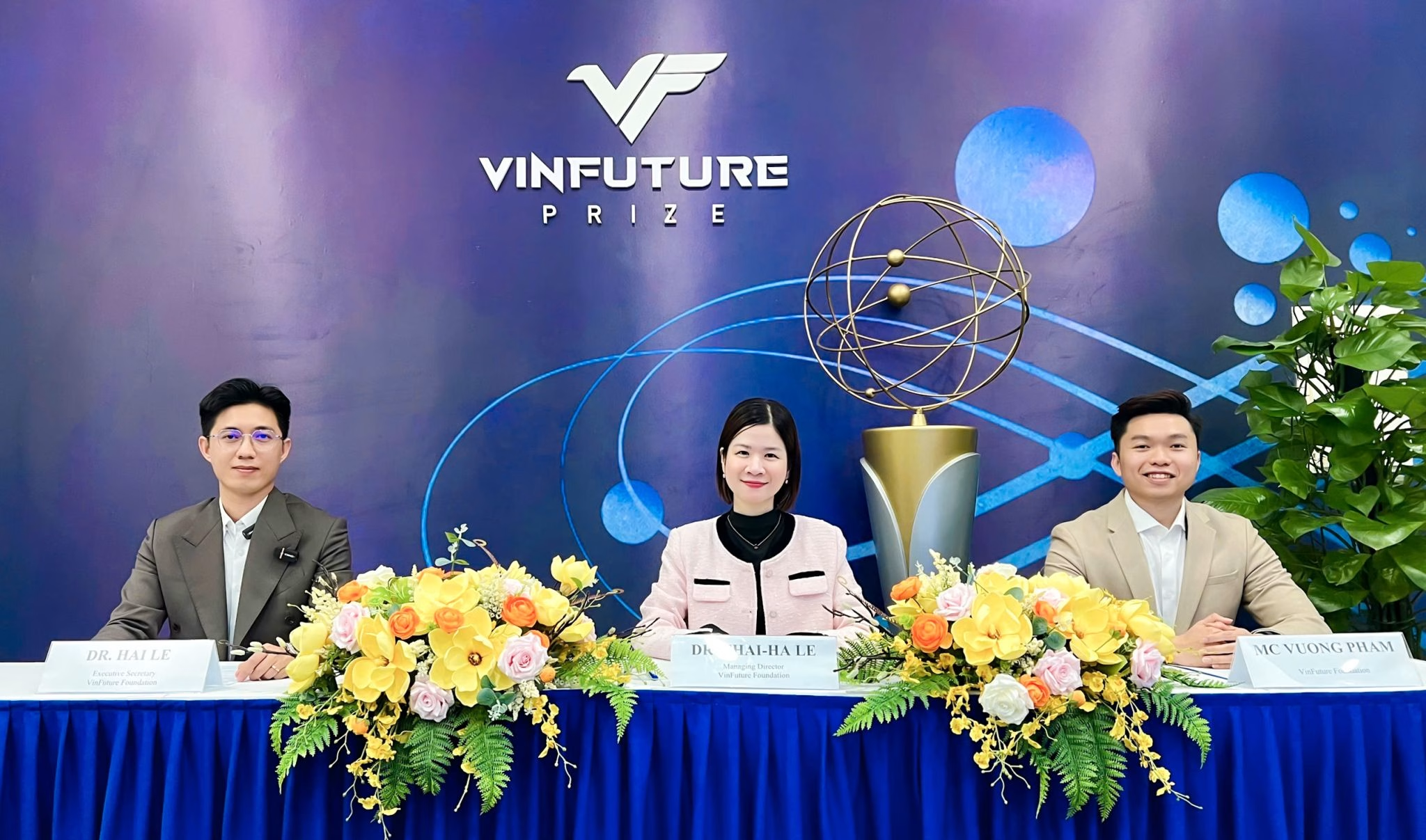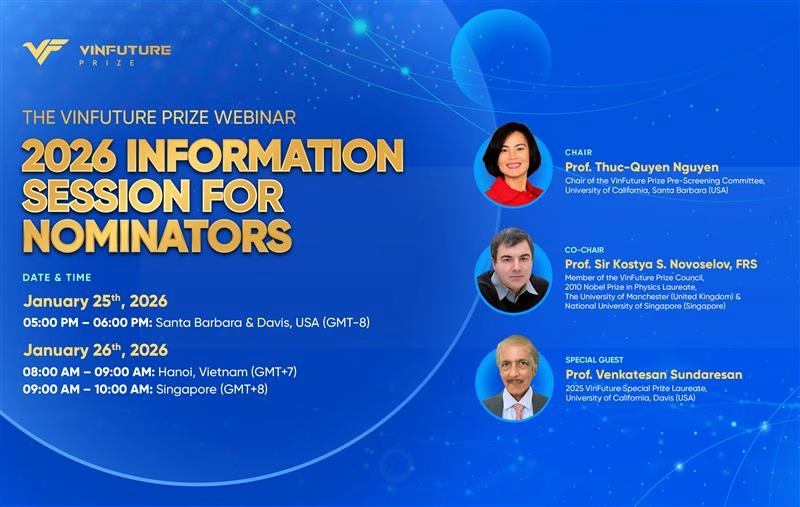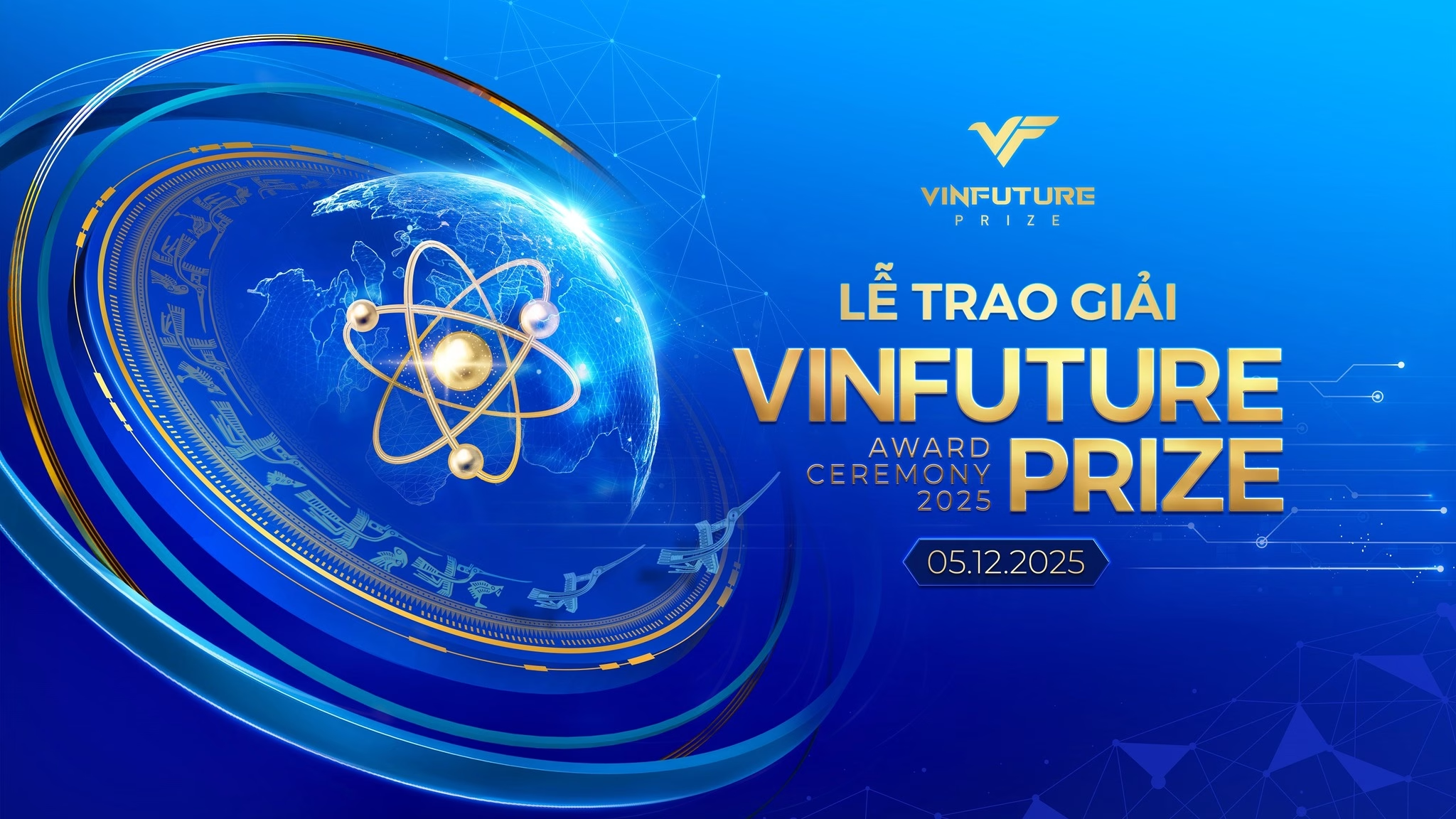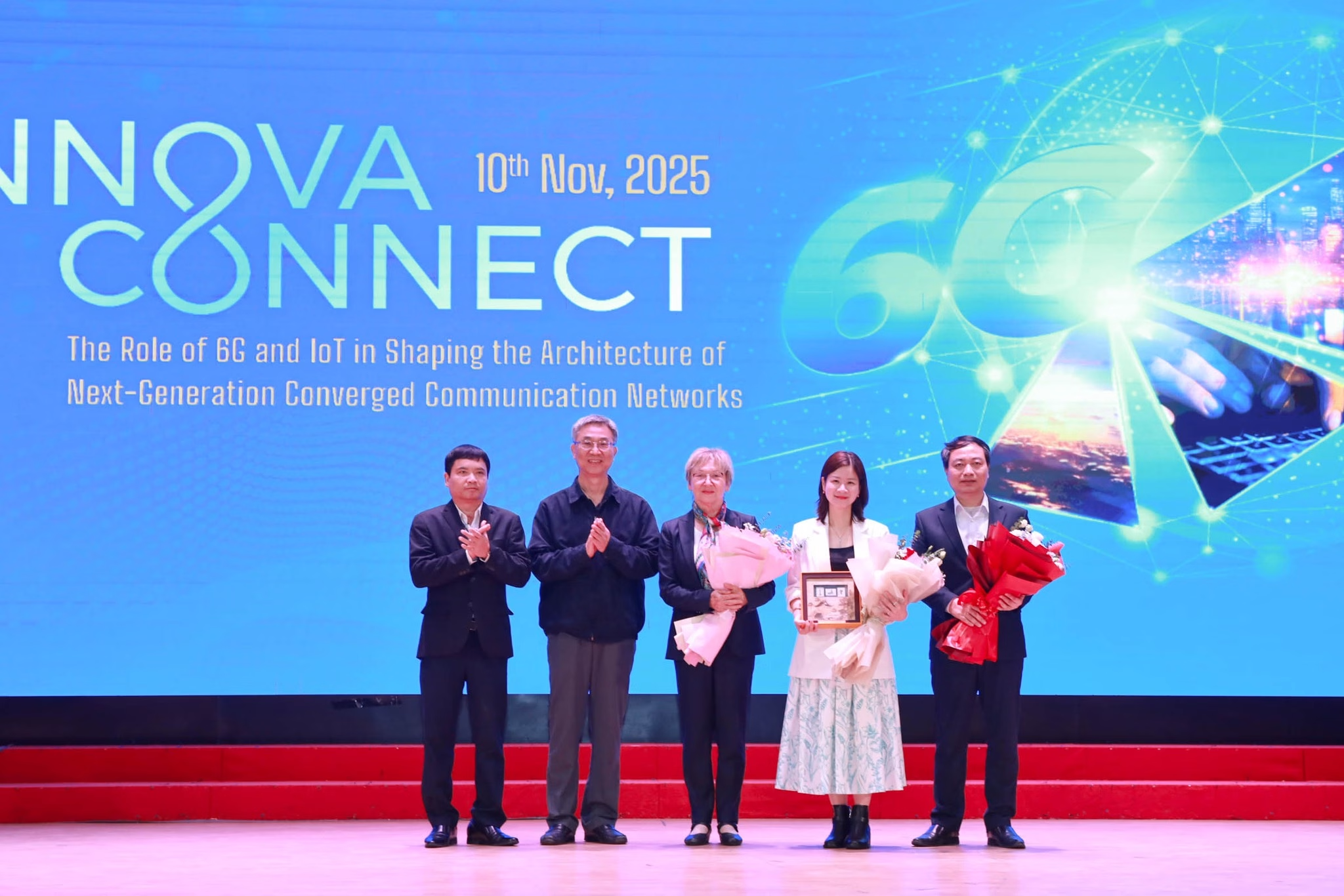From Biosensors to Artificial Intelligence
As global healthcare enters the digital era, breakthroughs in artificial intelligence (AI), biosensor technologies, and digital diagnostics are transforming how medical care is delivered — from diagnosis and treatment to data management.
At InnovaConnect, Vietnamese and international experts examined how digital transformation in medicine can progress in harmony with social values and legal frameworks.
Dr. Katharina Schmidt (Danube Private University, Austria) presented her team’s latest research on plasmonics-based biosensors, explaining that: “Unlike conventional methods that measure average signals across the entire surface, this technology can observe and record signals at the single-molecule level.”
According to Dr. Schmidt, this approach enables liquid biopsy instead of invasive tissue sampling, paving the way for early disease detection — including cancer — and advancing personalized medicine.
Representing Vietnam, Assoc. Prof. Dr. Do Thi Thao (Can Tho University of Medicine and Pharmacy) expanded on the potential of biomedical engineering in dentistry. She emphasized that innovations such as smart materials and biosensors are transforming dental care toward personalized, minimally invasive, and patient-centered treatment.
Adding to the multidisciplinary discussion, Dr. Gernot Gerger (Ludwig Boltzmann Institute for Digital Health and Patient Safety, Austria) highlighted the centrality of the human element in healthcare digitalization: “The human factor must remain at the center of every technological innovation. Technology only makes sense when it serves and enhances the patient experience.”
He noted that AI now supports language translation, clinical decision-making, and automated documentation, improving both efficiency and care quality: “AI-assisted recording systems can reduce documentation time by 20–30%, allowing healthcare professionals to spend more time with patients.” However, he also cautioned that excessive reliance on algorithmic decision-making introduces new risks, as AI systems may generate misleading or inaccurate correlations, requiring human oversight to maintain accuracy and trust in digital healthcare.
Strengthening Legal and Ethical Frameworks
The rapid integration of AI into healthcare has raised concerns about data privacy and legal accountability.
Prof. Maria Kletecka-Pulker (Ludwig Boltzmann Institute, Austria) warned that: “Digital technology is bringing the world closer together, but also exposes us to risks of data misuse and abuse.”
From February 2, 2025, the European Union’s Artificial Intelligence Act (AI Act) will take effect — the world’s first comprehensive legal framework defining AI systems, raising public awareness, and banning high-risk applications deemed unacceptable within the EU. “The Act also sets provisions for using digital tools and AI in healthcare systems,” Prof. Kletecka-Pulker added.
A Bridge for International Collaboration
Prof. Kletecka-Pulker viewed the AI Act as a milestone for Europe and predicted that “each country will soon develop its own regulations aligned with the EU framework.”
In an increasingly borderless digital world, such harmonization underscores the need for global cooperation in establishing shared ethical and legal standards.
All speakers agreed: international collaboration is essential to address common challenges in the age of medical innovation. Initiatives like InnovaConnect not only foster academic exchange but also create practical bridges between scientific communities.
“International collaboration is vital,” Prof. Kletecka-Pulker emphasized. “Different countries have different perspectives on data use, regulation, and human attitudes toward AI — and through dialogue, we can learn from each other.”
Dr. Gerger noted that even ethical interpretations may vary across cultures: “The Austrian and Vietnamese viewpoints on medical ethics and social responsibility can differ — and that’s precisely what makes such exchanges valuable.”
Prof. Kletecka-Pulker further highlighted the importance of learning from others’ experiences: “We don’t need to repeat steps already taken — we can learn directly from their successes and challenges.”
Dr. Schmidt echoed this sentiment, stressing that international collaboration accelerates innovation, facilitates technology transfer, and helps address region-specific healthcare needs: “In Vietnam, developing cost-effective yet efficient medical solutions should be a key focus.”
